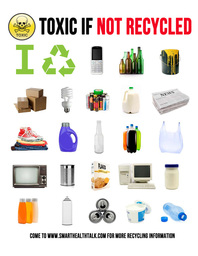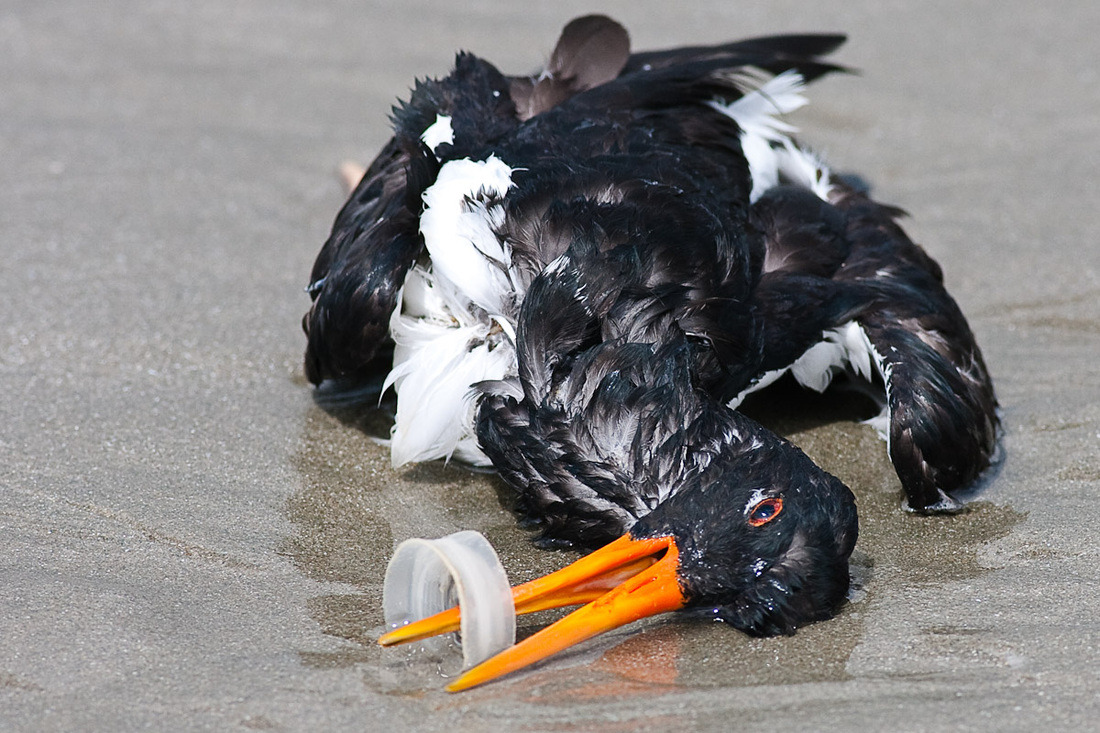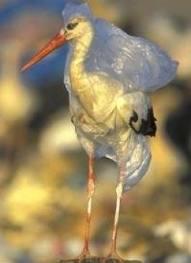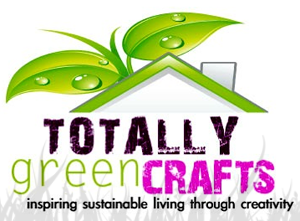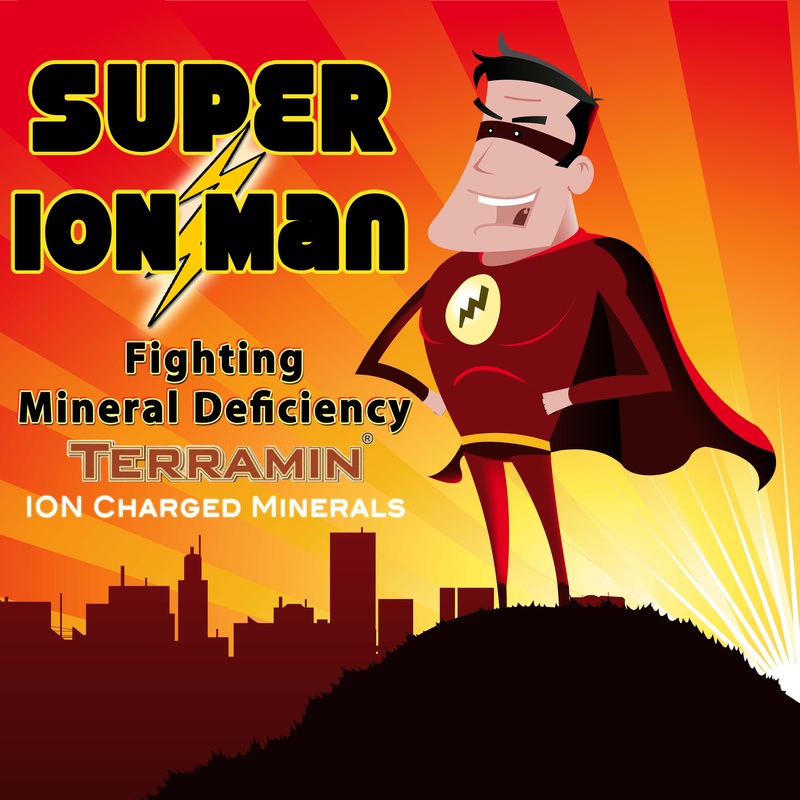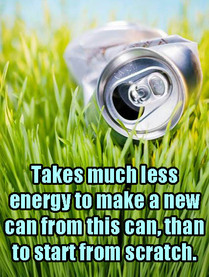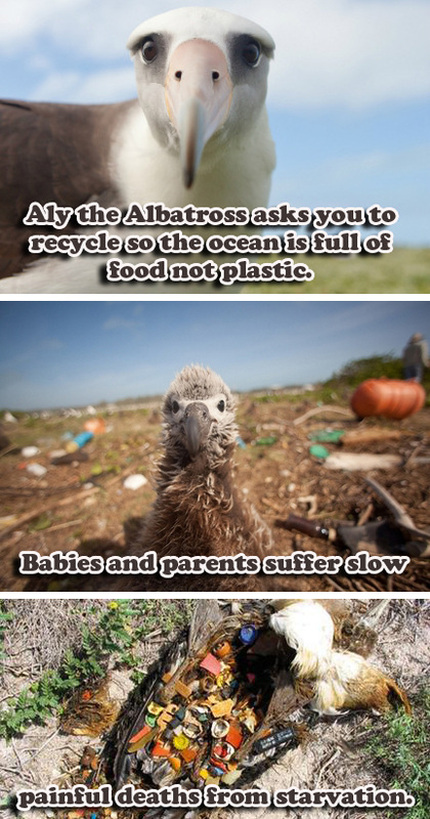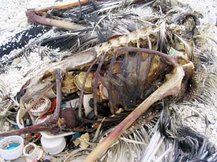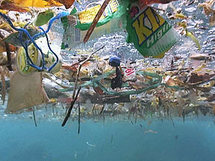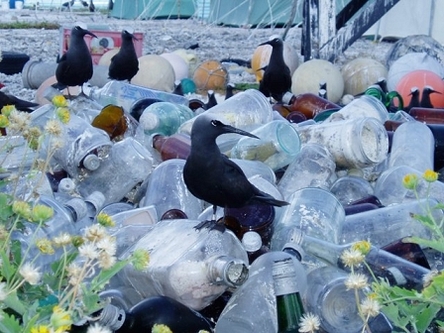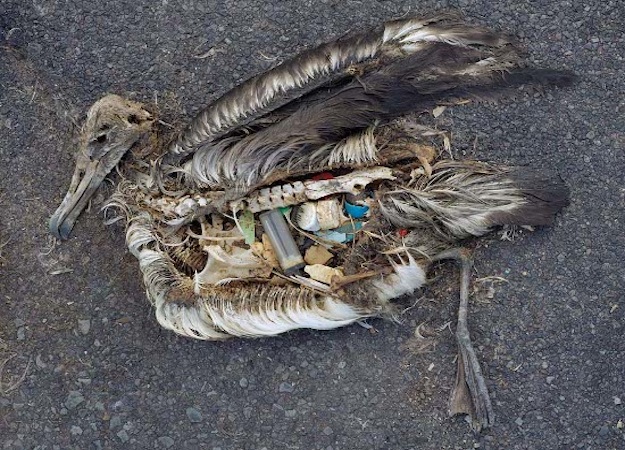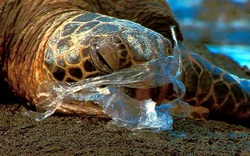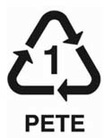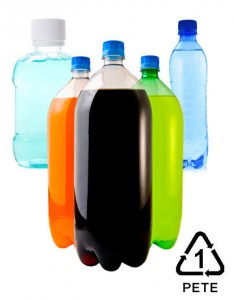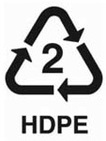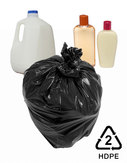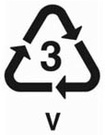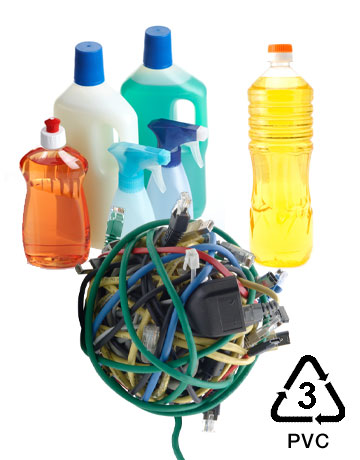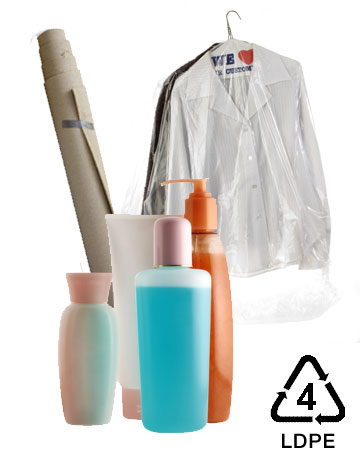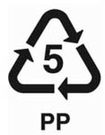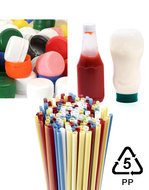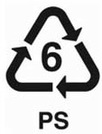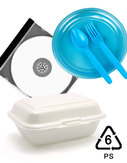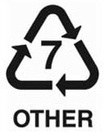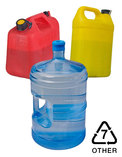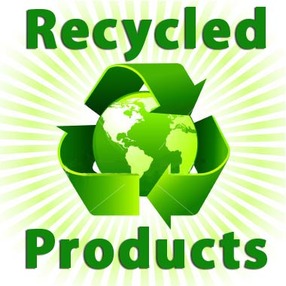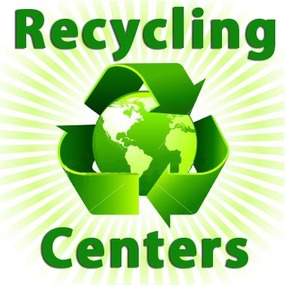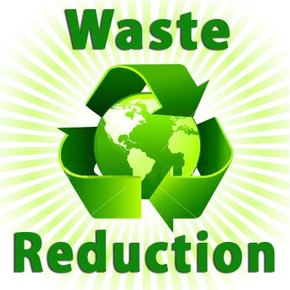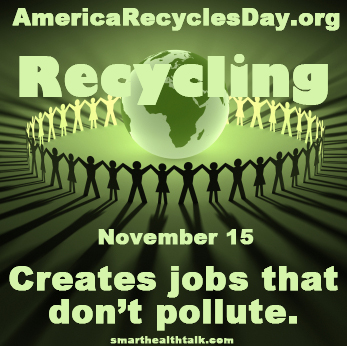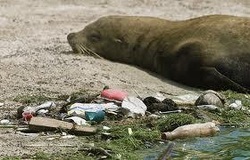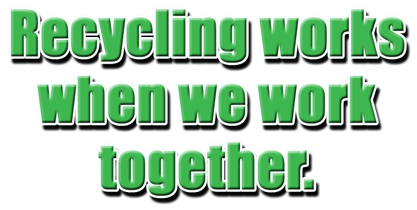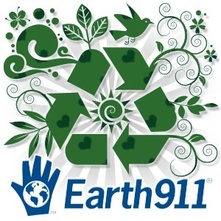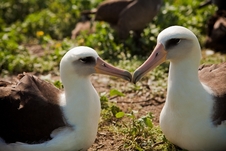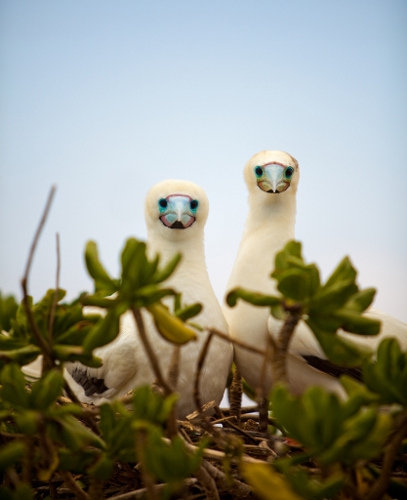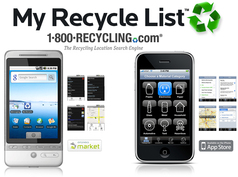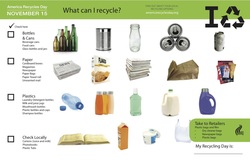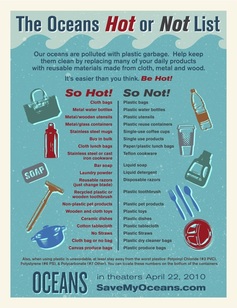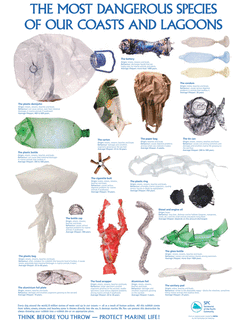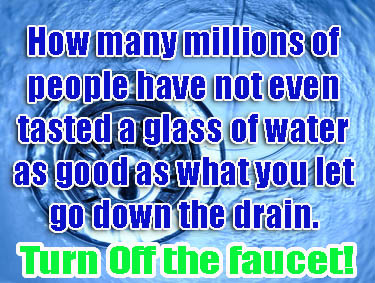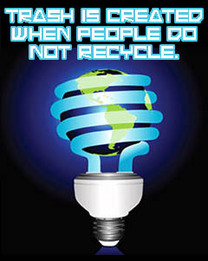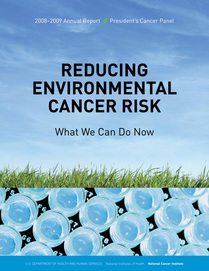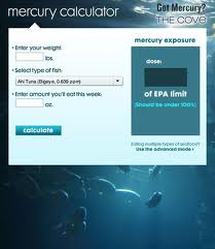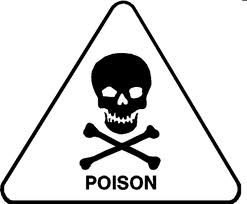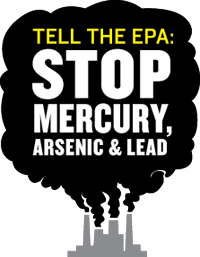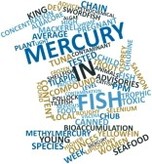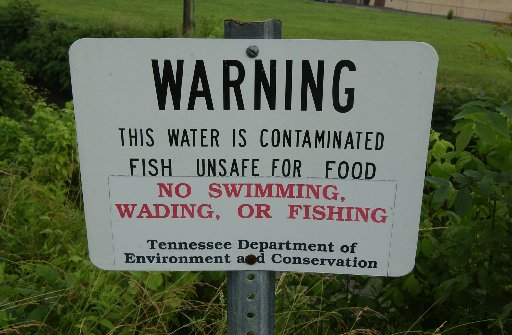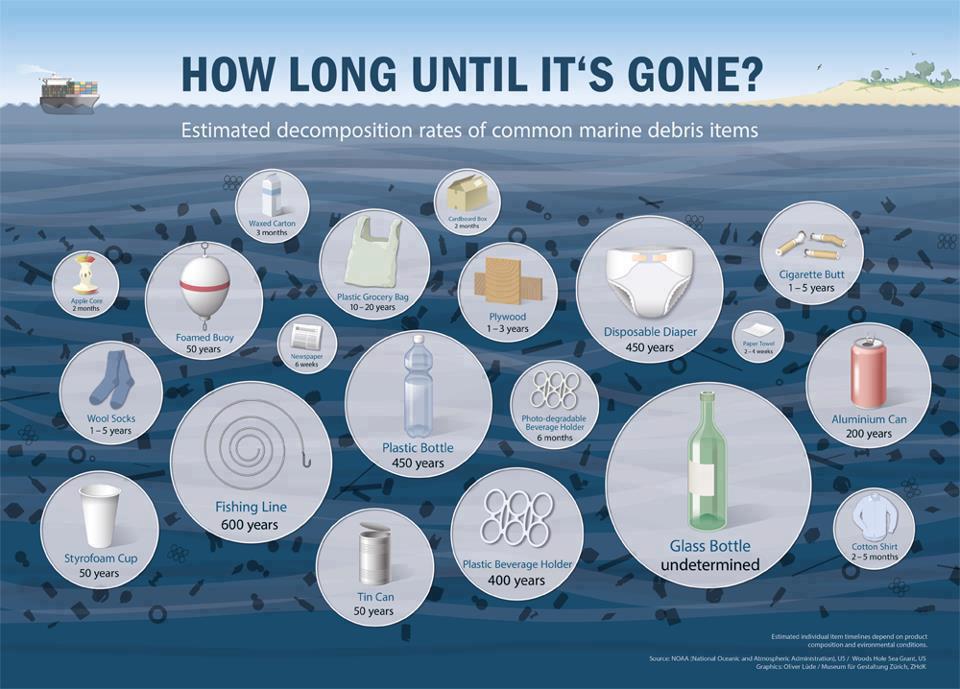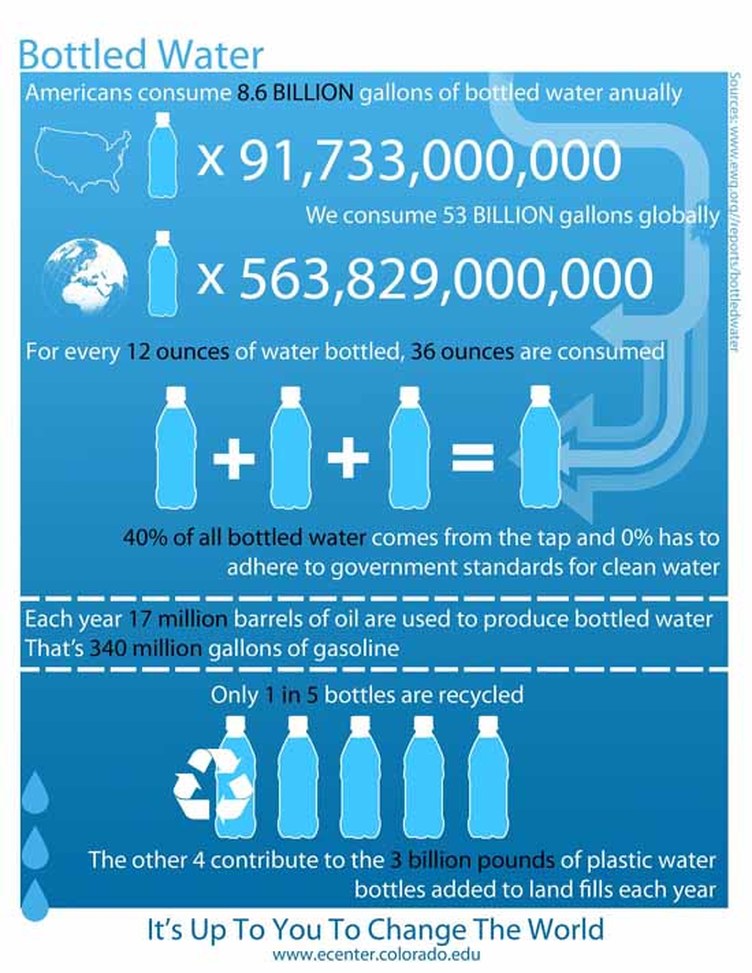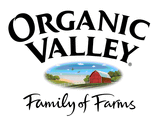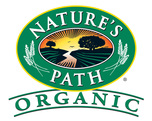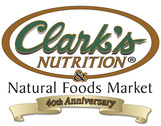|
|
|
AmericaRecycles
Please keep these recyclable items in the recycling bin and out of the environment.Our trash doesn't just disappear, but can impact others.
BE AWARE
IF YOU CARE.
Our resource section contains information that will connect you to some of the best websites on the internet.
Click here to go there. Be crafty and green. |
|
In the interviews below we hear from two of the worlds top experts on how plastic pollution is killing our oceans, Captain Charles Moore, who discovered the Pacific Garbage Patch 20 years ago and hasn't stopped traveling the world and learning more about the problem and what is needed to stop it, and Captain Hayden Smith from New Zealand Sea Cleaners who has worked for years with volunteers to remove tons of trash and plastic from the ocean and is now putting together a global even called OCEAN AID to be held in Honolulu Hawaii in October 2016.
Each interview is almost an hour but full of the most important information we could ask for to understand what is happening and what action is needed to stop the killing and restore our oceans before it is too late. We've tried to create a class from the best teachers we could ask for and train those that really care, want to be a part of the solution, and can act as teachers to help train more people with the best information to at least not add to the problem and hopefully become involved in either the OCEAN AID event or a Coastal Clean Up Day.
The date for OCEAN AID was changed from September 2016 to October 2016.
By recycling these products you keep mercury and plastic out of our fish.
Go here to read more.
Go here to read more.
|
CAUSES BIRTH DEFECTS!
|
Mercury gets in our fish because coal power plants pollute our waterways.
|
The bigger the fish grows, more mercury will become concentrated in their body.
|
We're polluting all waterways and our oceans, will all have this sign someday?
|
Learn More About Sustainable Fishing and Which Fish You Should EatChoices on which fish we buy and eat times all the billions of people in world changes our planet and will determine if we will have fish to eat in the future or if it will go extinct. Click and learn more
Plastic Ain’t so FantasticIt is now believed that there are 5.25 trillion pieces of plastic debris in the ocean. Of that mass, 269,000 tons float on the surface, while some four billion plastic microfibers per square kilometer litter the deep sea. Shoppers worldwide are using approximately 500 billion single-use plastic bags per year.
This translates to about a million bags every minute across the globe, or 150 bags a year for every person on earth. And the number is rising.
Go to Ocean Crusaders |
|
|

